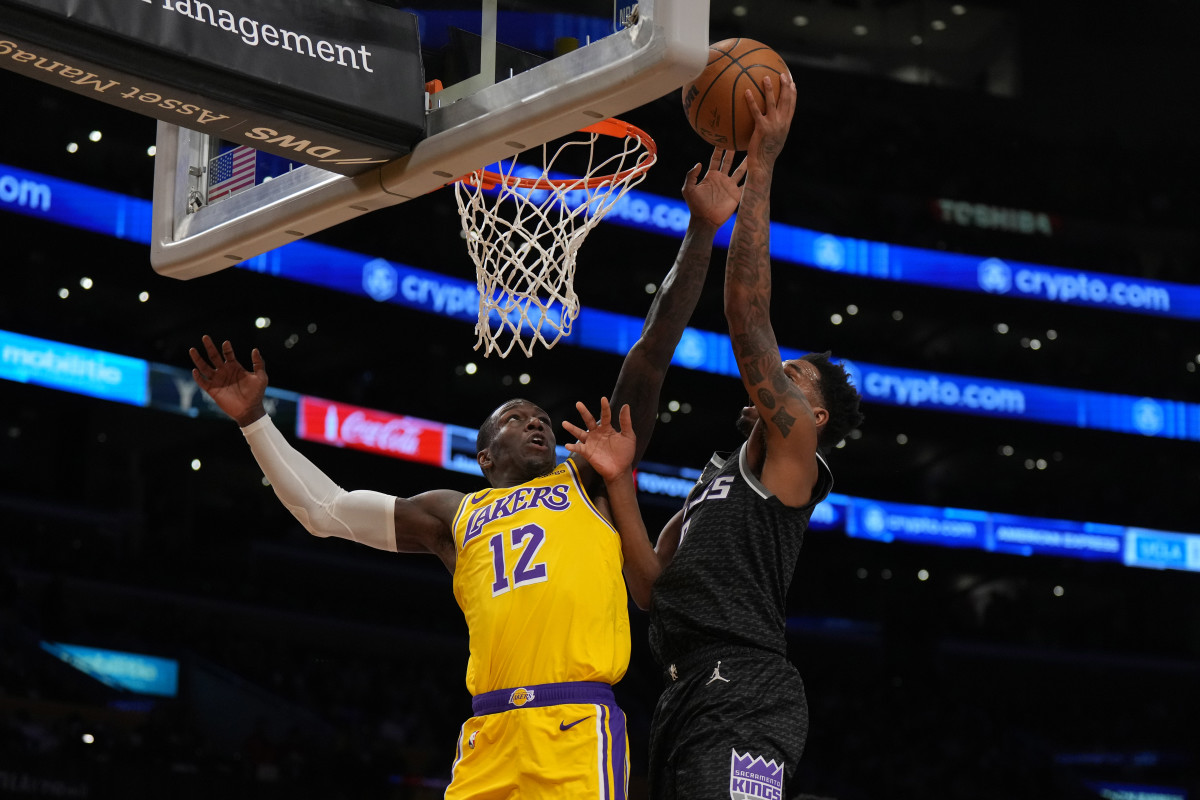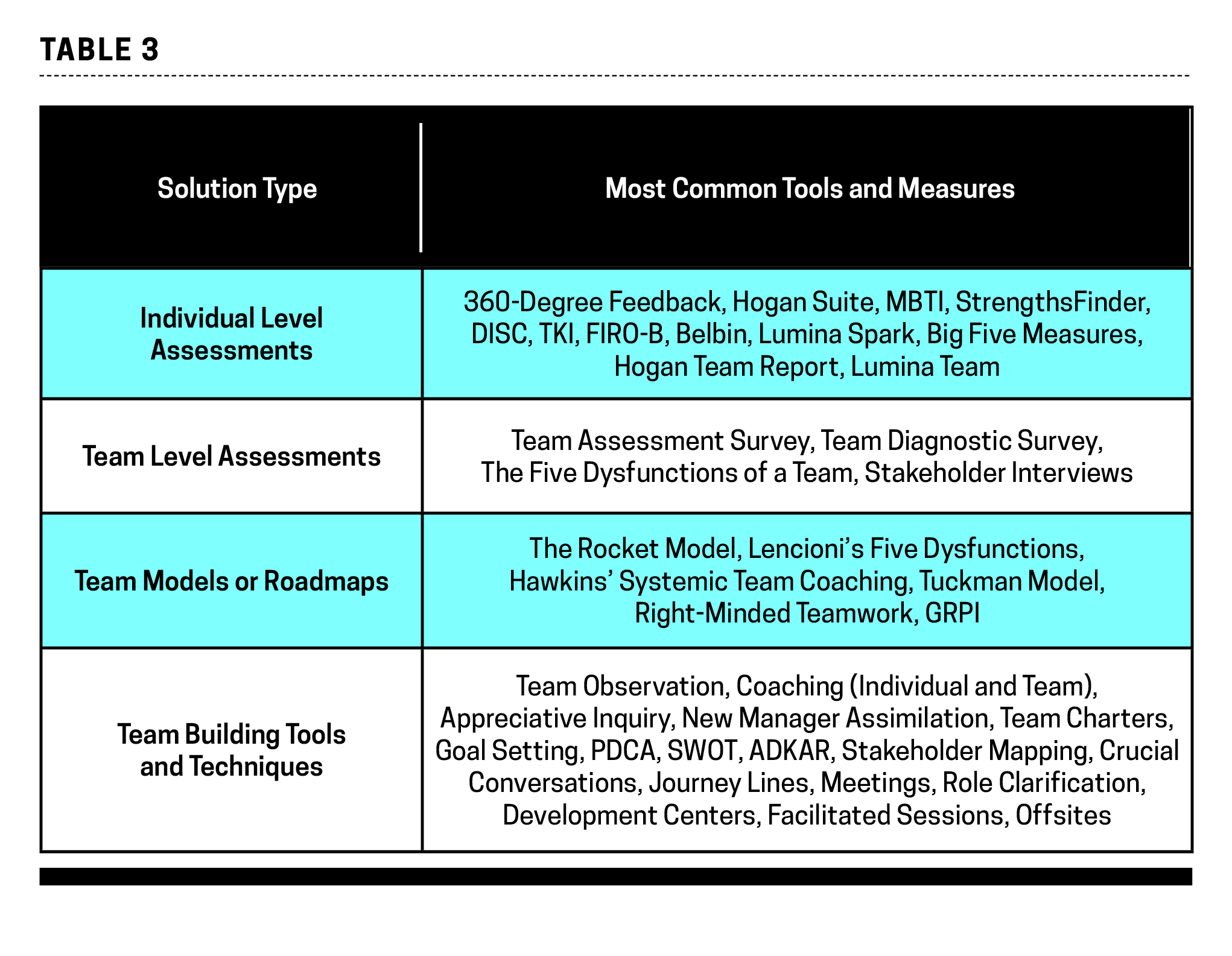BeyondTheBoxScore: Re-Evaluating The Postgame - How A Missed Opportunity Reveals More About The Team Than The Loss
Re-evaluating the postgame is a crucial step in understanding the true nature of a team's performance. It's easy to get caught up in the emotions of a tough loss, but by examining the details, we can gain a deeper insight into the team's strengths, weaknesses, and potential for growth. In this article, we'll explore how a missed opportunity can reveal more about the team than the loss itself, and what coaches and players can learn from these experiences.
In the heat of the moment, it's natural to focus on the what-ifs of a game that slipped away. However, this mindset can lead to tunnel vision, causing us to overlook the bigger picture. By taking a step back and re-evaluating the postgame, we can uncover valuable lessons that can inform our understanding of the team's potential.
The Importance of Context
When evaluating a game, it's essential to consider the context in which it took place. This includes factors such as the opponent's strength, the team's travel schedule, and any other external factors that may have impacted performance. By taking context into account, we can avoid oversimplifying the game and gain a more nuanced understanding of the team's performance.
Here are some key factors to consider when evaluating the postgame:
• Opponent's strength and weaknesses
• Travel schedule and fatigue
• Weather and playing conditions
• Any injuries or suspensions
• Adjustments made during the game
Identifying Areas of Improvement
Re-evaluating the postgame is also an opportunity to identify areas where the team can improve. This may involve analyzing specific plays, strategies, or player performances. By pinpointing areas of weakness, coaches and players can develop targeted strategies for growth and development.
Here are some common areas of improvement that can be identified during a postgame analysis:
Defensive Strategy
• Inconsistent defensive alignment
• Overaggression or underaggression on defense
• Failure to capitalize on turnovers
• Ineffective zone or man-to-man defense
Offensive Approach
• Ineffective play-calling
• Poor shot selection
• Inadequate ball movement
• Failure to exploit defensive weaknesses
Player Performance
• Inconsistent shooting or passing
• Lack of effort or intensity
• Failure to capitalize on scoring opportunities
• Ineffective in big-game situations
Beyond the Box Score: What The Stats Really Say
While the box score may give us a general idea of how the game played out, it's essential to dig deeper to understand the underlying trends and patterns. This may involve analyzing advanced statistics, such as possession numbers, shooting percentages, or rebounding rates.
Here are some key statistics to consider when evaluating the postgame:
• Possession numbers and time of possession
• Shooting percentages and location
• Rebounding rates and efficiency
• Turnover margin and defensive efficiency
The Missed Opportunity: What It Reveals About The Team
When a team misses an opportunity, it can be easy to write it off as a random fluctuation. However, by examining the circumstances surrounding the missed opportunity, we can gain insight into the team's decision-making and problem-solving abilities.
Here are some common missed opportunities that can reveal more about the team than the loss itself:
• Failure to capitalize on a scoring chance
• Inability to convert a crucial possession
• Ineffective execution on a well-designed play
• Lack of communication or coordination on defense
Lessons from the Postgame
Re-evaluating the postgame is an opportunity to learn from the team's experiences. By analyzing the strengths and weaknesses of the team, coaches and players can develop strategies for growth and development.
Here are some key takeaways from the postgame analysis:
• The importance of situational awareness and adaptability
• The need for effective communication and coordination
• The value of trusting the process and sticking to the plan
• The potential for growth and development through experience and learning
Conclusion
Re-evaluating the postgame is a crucial step in understanding the true nature of a team's performance. By examining the details, we can gain a deeper insight into the team's strengths, weaknesses, and potential for growth. Whether the team wins or loses, the postgame analysis provides a valuable opportunity to learn from the experience and move forward with a newfound understanding of the team's potential.
Kate Winsletrome
Helmut Newton Famous Pos
How Tall Is Brad Pitt
Article Recommendations
- Jackoherty
- Abby Bernerd
- Harris Faulkner Illness
- Danaelany Husband
- Kaitlan Collins Husband
- 5starsstocks Incometocks
- Paryimpson Husband
- Jodieer Husband
- Massad Boulos Net Worth 2024
- Misav



